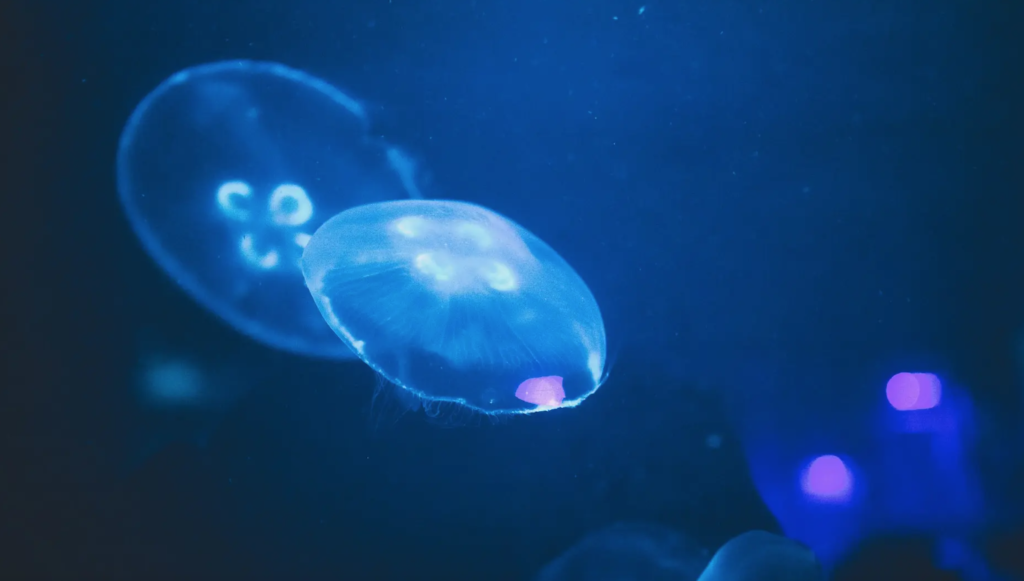Calls for a global moratorium on deep-sea mining do not undermine the Scandinavian country
(sustainabilityenvironment.com) – Norway could be the first country in the world to approve deep-water mining. A parliamentary agreement has in fact given the green light to the government to go ahead with its program of exploitation of the Arctic with deep-sea mining. On 4 January, the parliament will formally discuss the proposal, which has raised the concern of environmentalists and scientists.
Deep sea mining, that is the opening of offshore mines, is considered a highly impactful practice on ecosystems. This involves sending underwater machines similar to tractors or gigantic vacuum cleaners to scrape the seabed and then suck the precious metals that are there. In particular, the recoverable resources are found under three forms: the polymetallic nodules, similar to potatoes, which are found in real fields between 4 and 6 thousand meters deep. Then there are the polymetallic sulfides, available in the 2-4 thousand meters range. These are lumps of gold, zinc, lead, copper and rare earths around the cracks in the subsoil. They form from the meeting between the warm waters of the mantle and the icy waters of the deep Ocean. The cobalt crusts, finally, are in layers up to 25 cm thick that cover as glaciers the sides of the seamounts.
read also Deep sea mining, 100 NGOs call for a global moratorium on submarine mines
The sea depths, however, are home to biodiversity still largely unknown. The real risk is that these environments, which remained unchanged almost for millennia, are upset by the arrival of bulldozers. The immobility of the water and the almost absence of currents have preserved for all these years the underwater environment at great depths. But for how much longer? The race for critical raw materials has increasingly clearly targeted these areas. The international negotiations within the International Seabed Authority have not yet produced a definitive result. And calls for a global moratorium on deep-sea mining are multiplying.
Norway is about to lead the way in the opposite direction. the start-up Loke Marine Minerals, supported by investors like the Society of Oil Services Technip FMC and the Norwegian marine group Wilhelmsen, has received with favor for the decision. By contrast, the WWF criticized the parliamentary agreement, speaking of a “catastrophe for the Ocean“.

